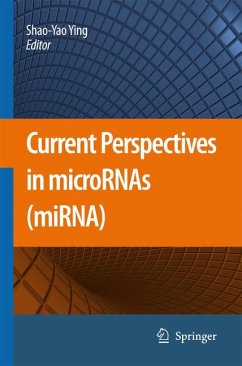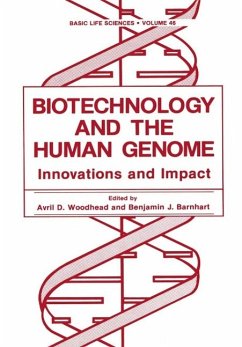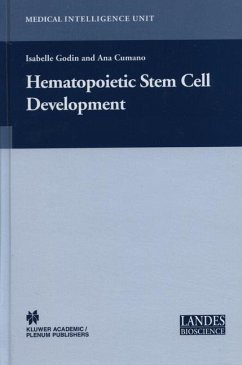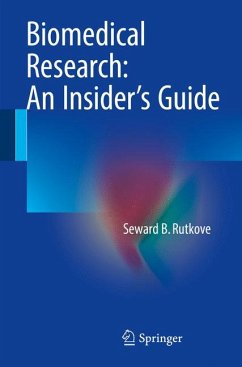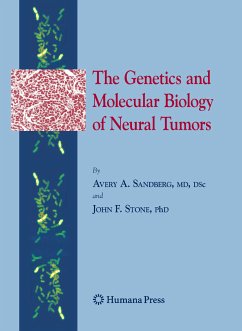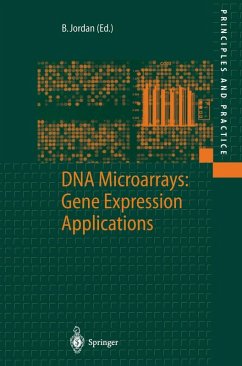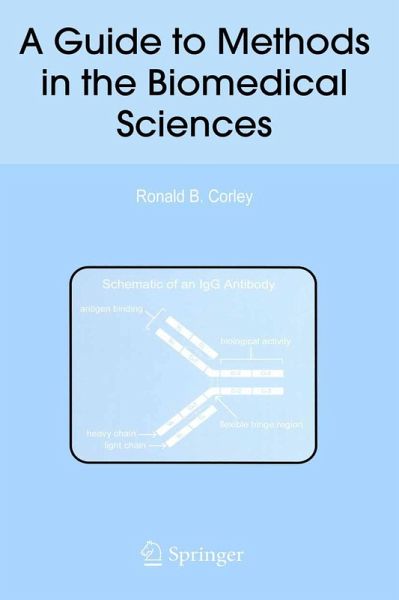
A Guide to Methods in the Biomedical Sciences (eBook, PDF)
Versandkostenfrei!
Sofort per Download lieferbar
72,95 €
inkl. MwSt.
Weitere Ausgaben:

PAYBACK Punkte
36 °P sammeln!
A Guide to Methods in the Biomedical Sciences gives a basic description of common methods used in research. This is not intended to be a methods book. Rather, it is intended to be a book that outlines the purpose of the methods described, their limitations and provide alternative approaches as appropriate. Thousands of methods have been developed in the various biomedical disciplines and those covered in this book represent the basic, essential and most widely used methods in several different disciplines.The historical background (including some interesting anecdotes) leading to the developme...
A Guide to Methods in the Biomedical Sciences gives a basic description of common methods used in research. This is not intended to be a methods book. Rather, it is intended to be a book that outlines the purpose of the methods described, their limitations and provide alternative approaches as appropriate. Thousands of methods have been developed in the various biomedical disciplines and those covered in this book represent the basic, essential and most widely used methods in several different disciplines.
The historical background (including some interesting anecdotes) leading to the development of ground-breaking techniques is described, especially of those that significantly advanced the field of biomedical research. Advances that earned their inventors prestigious Nobel Prizes are emphasized.
The book is divided into six sections, highlighting selected methods in protein chemistry, nucleic acids, recombinant DNA technology (including forensic-based methods), antibody-based techniques, microscopy and imaging, and the use of animals in biomedical sciences.
The historical background (including some interesting anecdotes) leading to the development of ground-breaking techniques is described, especially of those that significantly advanced the field of biomedical research. Advances that earned their inventors prestigious Nobel Prizes are emphasized.
The book is divided into six sections, highlighting selected methods in protein chemistry, nucleic acids, recombinant DNA technology (including forensic-based methods), antibody-based techniques, microscopy and imaging, and the use of animals in biomedical sciences.
Dieser Download kann aus rechtlichen Gründen nur mit Rechnungsadresse in A, B, BG, CY, CZ, D, DK, EW, E, FIN, F, GR, HR, H, IRL, I, LT, L, LR, M, NL, PL, P, R, S, SLO, SK ausgeliefert werden.





